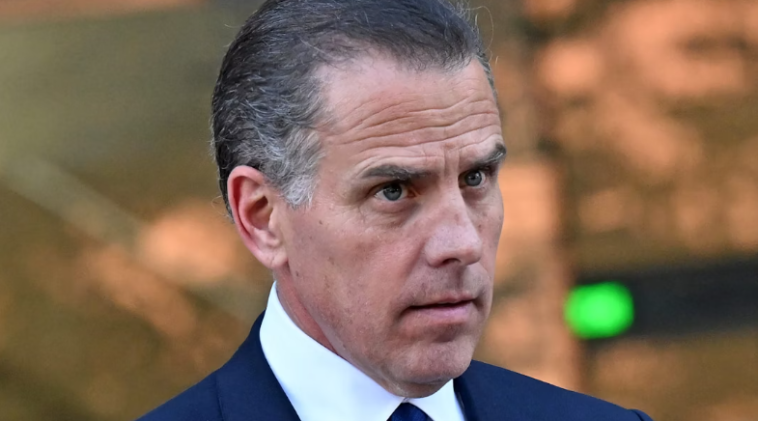Special Counsel David Weiss has formally opposed Hunter Biden’s motion to dismiss his federal indictment, arguing that President Joe Biden’s recent pardon does not nullify the legal proceedings against his son. Weiss contends that the charges, which include tax evasion and firearm offenses, were pursued in accordance with standard legal protocols, and asserts that the pardon should not interfere with the judicial process.
This development follows President Biden’s issuance of a comprehensive pardon for Hunter Biden, covering all federal offenses committed between January 1, 2014, and December 1, 2024. The President justified the pardon by claiming that his son was “selectively, and unfairly, prosecuted,” attributing the legal actions to political pressures.
However, Weiss disputes these claims, maintaining that the prosecution was conducted without bias and in line with legal standards. He emphasizes that the pardon does not automatically warrant the dismissal of ongoing cases, suggesting that the legal process should proceed to uphold the principles of justice and accountability.
The situation has ignited significant controversy, with critics arguing that the pardon undermines the integrity of the justice system and sets a concerning precedent. The opposition from the Special Counsel indicates a commitment to pursuing the charges despite the presidential pardon, highlighting the complexities involved in balancing executive clemency with judicial proceedings.
As the case progresses, it is poised to test the boundaries of presidential pardon powers and their impact on ongoing legal matters, potentially influencing future interpretations of executive authority in the judicial context.


